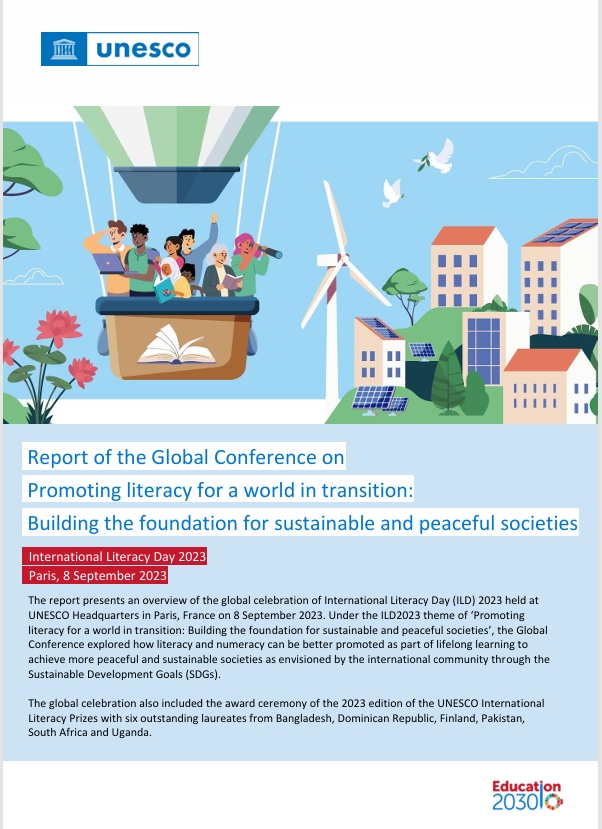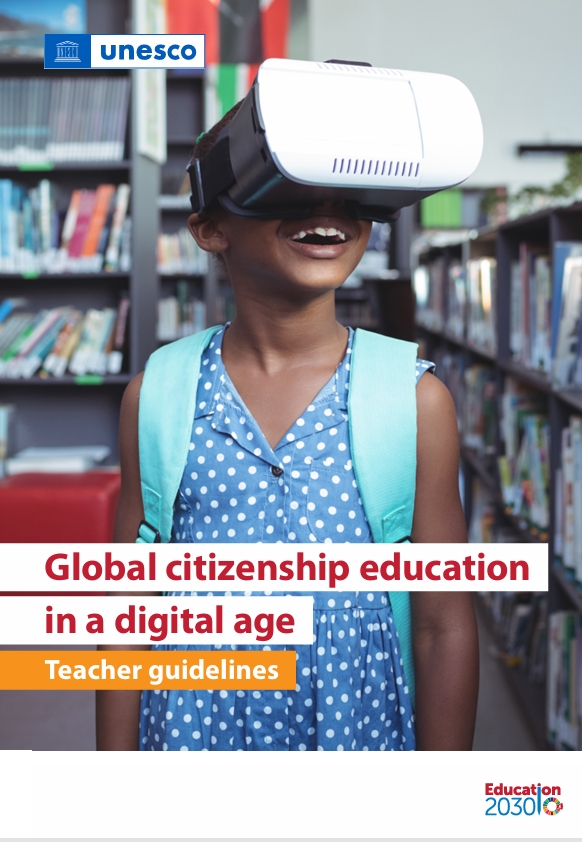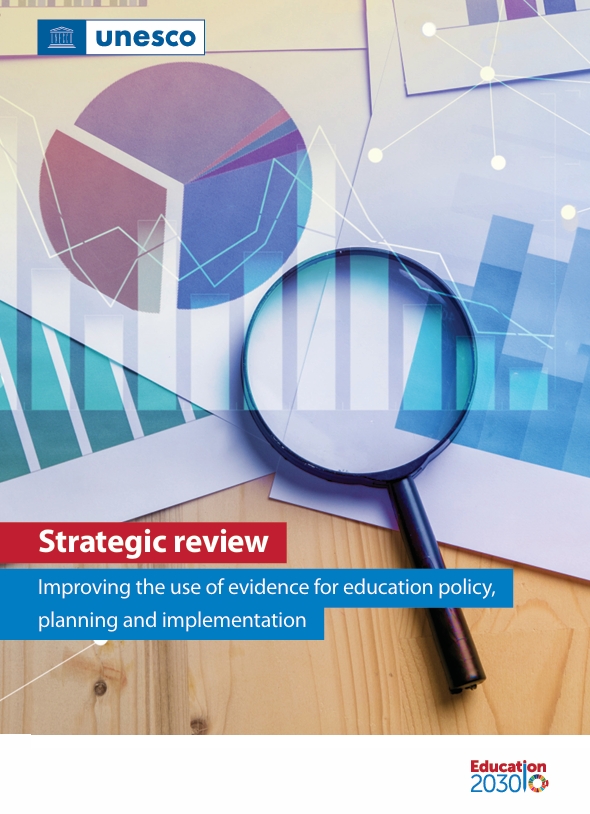The UNESCO report, “Education for Sustainable Development Goals: Learning Objectives”, provides a framework for integrating the Sustainable Development Goals (SDGs) into education. Here is a detailed summary:
1. Introduction
- Purpose: The report aims to offer guidance on how education systems can integrate the SDGs into teaching and learning processes. It outlines specific learning objectives that educators can use to embed the SDGs into their curricula.
2. Framework for Learning Objectives
- Educational Goals: The framework is designed to help educators understand what students need to learn to contribute to sustainable development. It emphasizes developing critical thinking, problem-solving skills, and understanding the interconnectedness of the SDGs.
- Core Areas:
- Knowledge: Students should acquire knowledge about the SDGs, including their goals, targets, and indicators. This includes understanding the global challenges and the importance of sustainability.
- Skills: The framework highlights essential skills such as critical thinking, analytical abilities, and practical problem-solving skills necessary to address sustainability issues.
- Attitudes: It emphasizes fostering positive attitudes toward sustainability, including responsibility, ethical behavior, and global citizenship.
3. Learning Objectives by SDG
- SDG-specific Objectives: The report provides detailed learning objectives for each of the 17 SDGs. Each set of objectives is tailored to help students understand and engage with specific aspects of the SDGs. For example:
- SDG 4 (Quality Education): Objectives include understanding the importance of inclusive and equitable quality education and learning opportunities for all.
- SDG 13 (Climate Action): Objectives focus on understanding climate change, its impacts, and the importance of taking action to mitigate its effects.
4. Implementation Strategies
- Curriculum Integration: The report suggests ways to incorporate SDG-related content into existing curricula and teaching practices. It encourages interdisciplinary approaches and project-based learning to address multiple SDGs simultaneously.
- Assessment and Evaluation: It provides guidance on assessing students’ understanding and engagement with the SDGs. This includes developing assessment tools that measure both knowledge and the application of sustainability principles.
- Teacher Training: The framework highlights the need for professional development for educators to effectively teach SDG-related content and foster a supportive learning environment for sustainability.
5. Conclusion
- Call to Action: The report concludes with a call to action for educators, policymakers, and educational institutions to integrate the SDGs into education systems. It emphasizes that education is a key driver in achieving the SDGs and building a sustainable future.
Overall, the report provides a comprehensive guide for embedding the SDGs into education, offering specific learning objectives and strategies to help educators prepare students to contribute to sustainable development.
Read More Full Text






